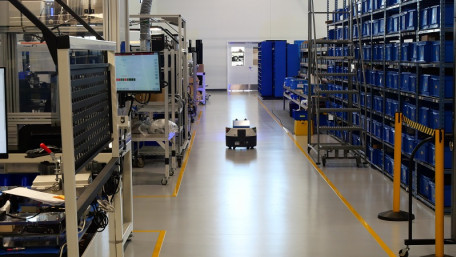
Every element of your life–your food, your car, your house–everything is made with processes that use sensors. Join us as we visit the SICK facility, where…
Every element of your life–your food, your car, your house–everything is made with processes that use sensors. Join us as we visit the SICK facility, where many of these sensing products are made.
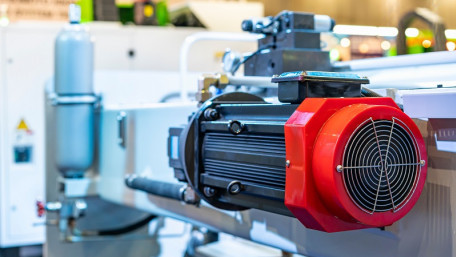
Many online sources explain how to reverse a 3-phase motor; this article will discuss the electrical principles that…
Many online sources explain how to reverse a 3-phase motor; this article will discuss the electrical principles that define why it works and how the phase relationships determine the rotation direction.
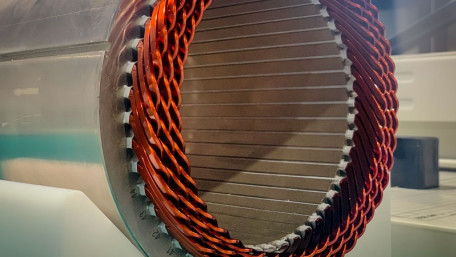
Hairpin motors are becoming popular with electric vehicle manufacturers, but what sets them apart from traditional…
Hairpin motors are becoming popular with electric vehicle manufacturers, but what sets them apart from traditional electric motors? And, if they are so great, why not use them in all applications?
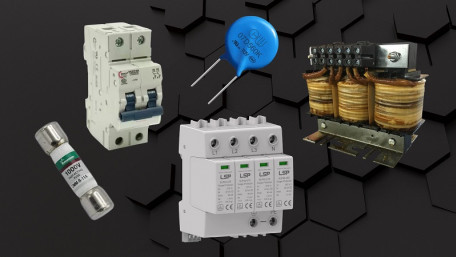
Protection against faults is crucial for any electrical system. This article examines various protective devices,…
Protection against faults is crucial for any electrical system. This article examines various protective devices, highlighting their roles and best use cases to ensure system integrity and longevity.
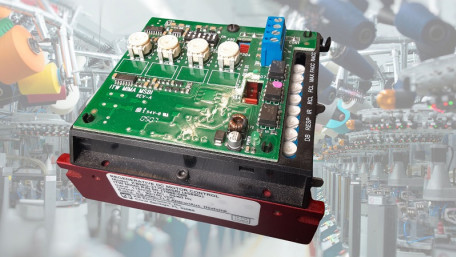
Although DC motor technology has a strong legacy, control strategies vary from simple to complex. Designs must consider…
Although DC motor technology has a strong legacy, control strategies vary from simple to complex. Designs must consider not just the motor, but also the electrical supply and the environment.
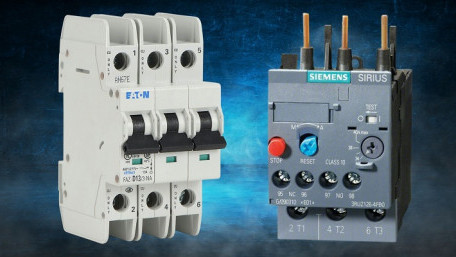
We know what a circuit breaker is meant to do: stop the flow of electricity in case of a fault or failure. But just like…
We know what a circuit breaker is meant to do: stop the flow of electricity in case of a fault or failure. But just like fuses, breakers and overloads respond differently depending on the load.
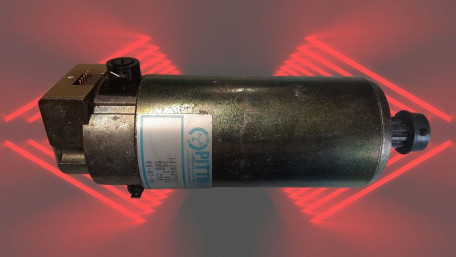
Servo motors are common in all kinds of motion control applications for various industries, but what are these devices,…
Servo motors are common in all kinds of motion control applications for various industries, but what are these devices, and what makes them different from standard AC or DC motors?
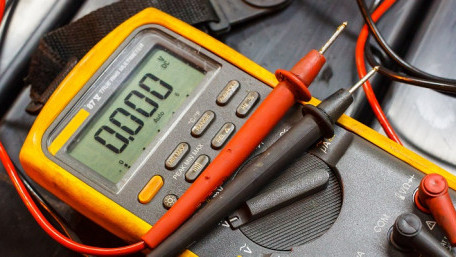
Electrical and mechanical measurements are often labeled with "RMS" and "True RMS." Aside from the simple math…
Electrical and mechanical measurements are often labeled with "RMS" and "True RMS." Aside from the simple math definitions we learned in electronics class, why is this distinction actually important?
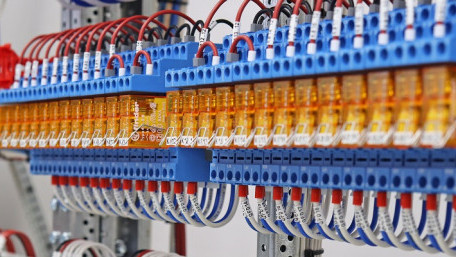
Have you ever heard of a relay? Of course you have. There are many different kinds, plus hundreds of different trade…
Have you ever heard of a relay? Of course you have. There are many different kinds, plus hundreds of different trade lingo names. What are some of the most common, and how do we use them?
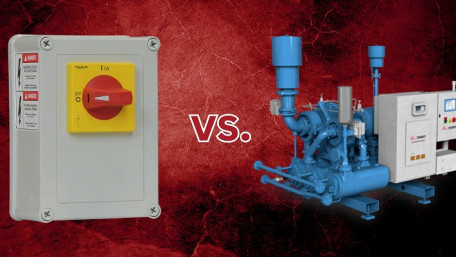
Knowing what kind of control system to use: that’s a question that must be answered before setting up the factory…
Knowing what kind of control system to use: that’s a question that must be answered before setting up the factory floor. Why would someone choose pneumatic over electrical controls?
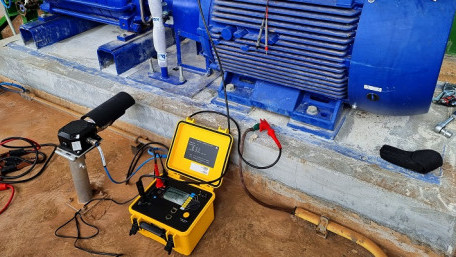
Within motors, two very different types of resistance are evident. The resistance of the windings is measured with a…
Within motors, two very different types of resistance are evident. The resistance of the windings is measured with a normal multimeter. But what is insulation resistance, and how is it measured?
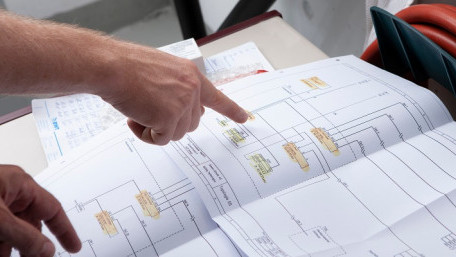
In order to trace control system problems to the core, the ability to read and interpret various resources, from…
In order to trace control system problems to the core, the ability to read and interpret various resources, from facility-level diagrams to machine-level wiring layouts, is critical.
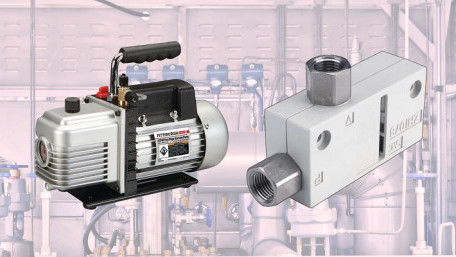
This article looks at vacuum ejectors and vacuum pumps, specifically outlining the difference between single and…
This article looks at vacuum ejectors and vacuum pumps, specifically outlining the difference between single and multi-stage versions of each type, and common applications.
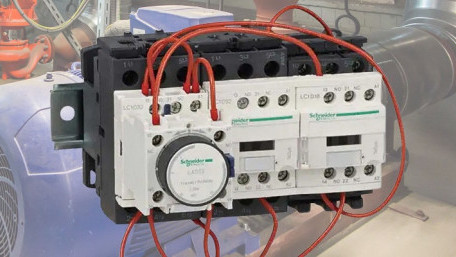
Digital controls like VFDs and soft starts have advantages by elongating start time, but simple strategies for starting…
Digital controls like VFDs and soft starts have advantages by elongating start time, but simple strategies for starting motors with a reduced current draw, like star-delta (or wye-delta) are common.
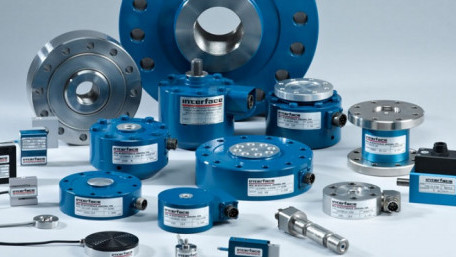
In this article, we will explore real-world considerations for strain gauge performance and typical applications. We’ll…
In this article, we will explore real-world considerations for strain gauge performance and typical applications. We’ll be talking about foil and wire strain gauges, but ignoring semiconductors.
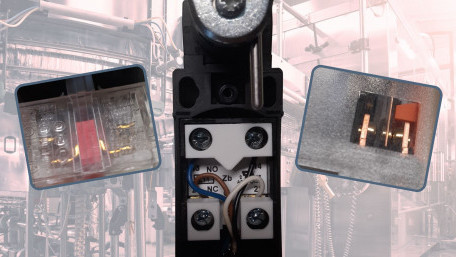
Some terminology, like 'normally open' and 'normally closed' switch contacts, is common throughout industry but can still…
Some terminology, like 'normally open' and 'normally closed' switch contacts, is common throughout industry but can still be confusing, misleading, or even hazardous if not properly understood.

For being no more than a thin piece of metal, the strain gauge is a versatile measurement tool, from small switches to…
For being no more than a thin piece of metal, the strain gauge is a versatile measurement tool, from small switches to multi-ton machines. In this article, learn the operating principles and properties.
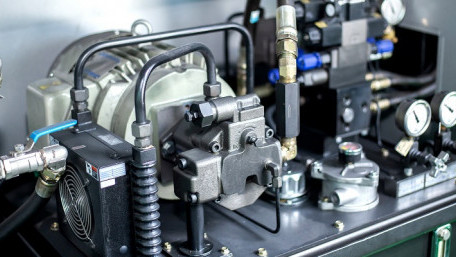
Pressures are always rising and falling in fluid systems. Sometimes the changes are extreme and lead to damage. What…
Pressures are always rising and falling in fluid systems. Sometimes the changes are extreme and lead to damage. What causes problematic pressure changes, and how can you trace them to their source?
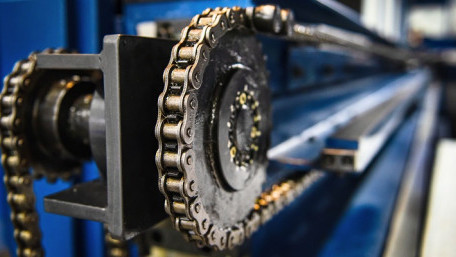
In the world of mechanical power transmission, gears, belts, and chains dominate the landscape, but what's so special…
In the world of mechanical power transmission, gears, belts, and chains dominate the landscape, but what's so special about chain drives, and why would they be used in place of rubber belts?
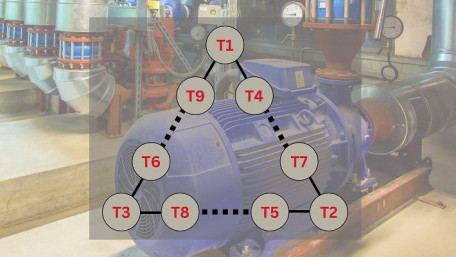
There are two types of winding designs inside three-phase industrial motors: Wye and Delta. Although the motors and…
There are two types of winding designs inside three-phase industrial motors: Wye and Delta. Although the motors and connections look similar on the outside, this article discusses the internal construction for Delta wound motors.
